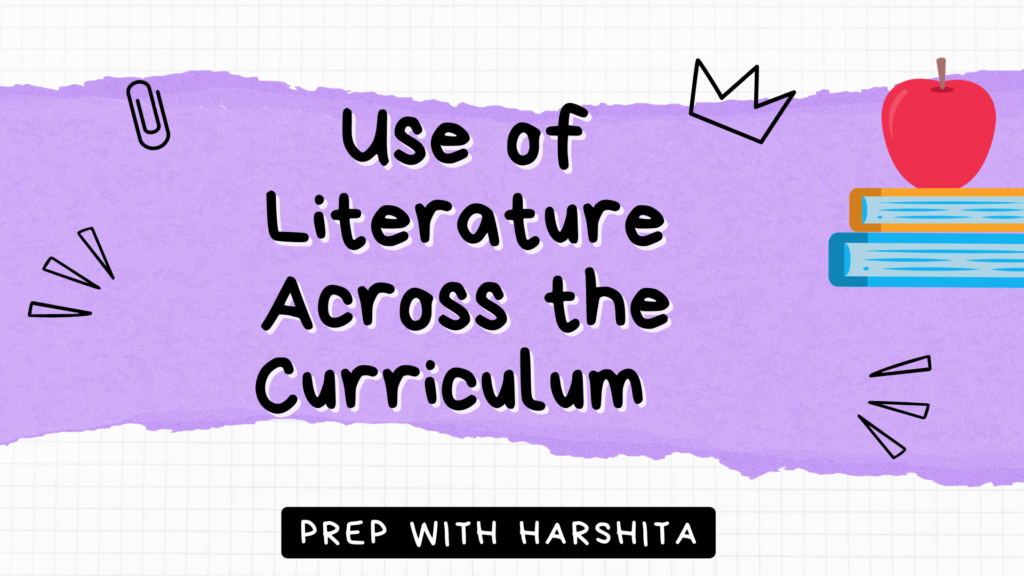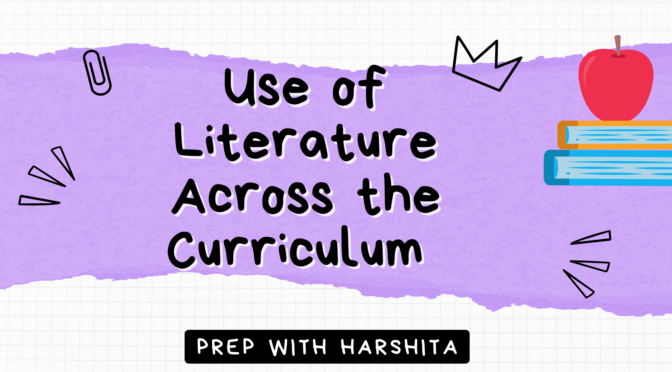The use of literature across the curriculum refers to integrating literary texts into subjects beyond the traditional English language arts class. It involves incorporating novels, poems, plays, and other forms of literature into various academic disciplines, such as science, history, mathematics, and even physical education.
This interdisciplinary approach offers numerous benefits to students, including enhanced understanding, critical thinking skills, and a deeper appreciation for both literature and the subject matter being studied.
- Enhancing Understanding: Literature can provide students with a different perspective and deeper understanding of complex concepts. For example, reading historical fiction can bring historical events to life, helping students connect emotionally with the people and situations they are studying. Similarly, using literature in science classes can present scientific principles in engaging and relatable narratives, making the subject more accessible and memorable.
- Developing Critical Thinking Skills: Literature often explores complex themes, moral dilemmas, and character motivations, encouraging students to think critically and analyze situations from multiple angles. Integrating literature into different subjects allows students to practice these skills in various contexts. They can analyze the motivations of historical figures, make connections between scientific principles and ethical considerations, or interpret mathematical problems presented through storytelling.
- Fostering Empathy and Cultural Understanding: Literature exposes students to diverse perspectives, cultures, and experiences. By incorporating literature from different authors, time periods, and regions, educators can promote empathy and broaden students’ worldview. Students can develop a deeper appreciation for cultural diversity, social issues, and the complexities of human experiences.
- Improving Language and Communication Skills: Literature is a rich source of language, vocabulary, and literary techniques. Integrating literature across the curriculum allows students to encounter sophisticated language use in various subjects, enhancing their reading, writing, and communication skills. Literary texts can inspire students to express their thoughts, engage in discussions, and improve their overall literacy abilities.
- Fostering Creativity and Imagination: Literature stimulates creativity and imagination by presenting imaginative worlds, thought-provoking scenarios, and rich descriptions. Incorporating literature into different subjects encourages students to think creatively and envision possibilities beyond the immediate content. This can inspire innovative problem-solving, unique perspectives, and imaginative approaches to learning.
- Engaging and Motivating Students: Literature has the power to captivate and engage students in ways that traditional textbooks may not. The inclusion of literary texts in different subjects adds variety, novelty, and a personal connection to the material, making learning more enjoyable and meaningful for students. This engagement can increase motivation, curiosity, and a desire for lifelong learning.


